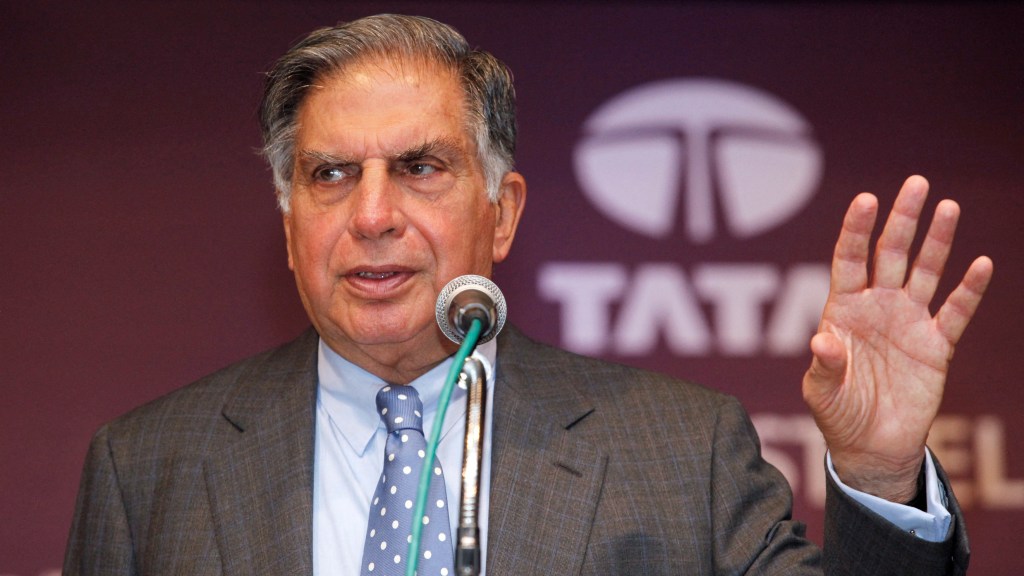Mike Ashley’s Potential Role at Boohoo Raises Questions
The current business environment is becoming increasingly intriguing as Boohoo prepares for significant changes. The company’s chief executive John Lyttle is departing, and the founder of Frasers, Mike Ashley, is emerging as a prospective successor.
Ashley currently holds the largest stake in Boohoo, with a 27 percent ownership, significantly more than executive chairman Mahmud Kamani, who has 12.4 percent. Frasers has expressed frustration with Boohoo’s recent performance, citing “abysmal trading” and a plummeting share price.
In light of these issues, Ashley is reportedly seeking to call an Extraordinary General Meeting (EGM) to vote on his appointment as the new chief executive of Boohoo, alongside plans for board restructuring. The relationship between Ashley and Kamani could lead to a compelling contest for control of the company. Kamani co-founded Boohoo in 2006 and has seen it grow from a share price of 50p during its 2014 IPO to a high of 412p by June 2020, but the company has recently seen a dramatic decline in value, with shares down 90 percent to just 28.5p.
Ashley joined Boohoo’s investor ranks in June 2023, acquiring shares at approximately 40p. Since then, Frasers has claimed to have made numerous attempts to engage with Boohoo’s board regarding Ashley’s involvement, accusing them of “stonewalling” and hinting at a more aggressive approach to influence company strategy.
The latest developments within Boohoo, which include substantial financial restructuring, disappointing trading results, and Lyttle’s exit, prompted Frasers to publicly declare that the board seems unable to effectively manage the company.
A pivotal question remains: does Ashley genuinely aspire to lead Boohoo, or is he positioning himself for other strategic advantages? With interests in other brands, including Asos, there are concerns regarding potential conflicts of interest if he takes on the CEO role.
Furthermore, it remains to be seen how Ashley’s existing stake in Asos, where he owns 23.6 percent, could complicate matters, particularly with influential stakeholders like William Barker from Camelot Capital holding stakes in both Boohoo and Asos.
Market Movement at Unilever
Meanwhile, in a separate development, Unilever is undergoing significant shifts under the leadership of Hein Schumacher, who has prioritized a focus on 30 key brands responsible for the bulk of the company’s sales. This strategy includes plans to spin off ice cream brands like Magnum, reflecting a more strategic approach to market dynamics.
Schumacher’s cost-cutting measures and operational restructurings have already led to a notable change in company performance, with recent figures indicating an increase in underlying sales. The turnaround appears to be picking up momentum as shares have responded positively.
Concerns for Abrdn
Bearing in mind the financial landscape, Abrdn is prudently managing its interests amid recent quarterly outflows that have negatively impacted its share price. The firm is advocating against policies that could disincentivize pension savings as it seeks to stabilize its operations and retain investor confidence.



Post Comment